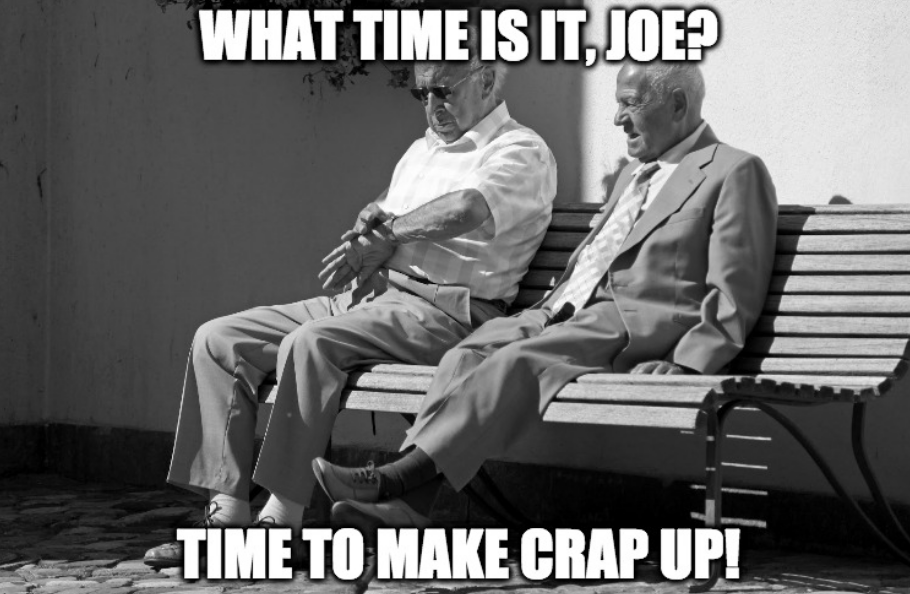Let's start with this lie:
“We’re well on our way because the project has obtained an overwhelming majority of the easements, now has Public Service Commission approval, and now has a legislative framework,” said Petty.
As far as the easements go, let's clear that up, shall we? Many easements have been obtained through coercion and threats of condemnation using eminent domain authority. It's not like all landowners who have signed easements under duress "do understand it and are on board." In addition, Invenergy is pursuing easement acquisition through the courts for a growing number of properties. These landowners didn't knuckle under and sign an easement out of fear but are determined to fight Invenergy tooth and nail all the way to the end.
Lastly, what is this "legislative framework"? Just because some agricultural organizations took it upon themselves to negotiate meaningless "protections" for landowners in a sneaky fashion that did not include the landowners themselves does not mean that landowners are "on board" with the way they were stabbed in the back during the last legislative session. All that aside, the SOMC of Kirkwood should be aware that Invenergy made sure to file its application for the "Tiger Connector" just days before this new "legislative framework" took effect. It will not apply to Grain Belt Express therefore, even if it was useful, it will not come into play.
And what kind of a "reporter" takes this kind of statement at face value and does not bother to verify it?
“Invenergy has always been more than generous to the farmers with their compensation for access to their property. Its supported the generous compensation spelled out in a legislative compromise that was reached in 2021,” said Petty of Kirkwood Electric.
“While a few farmers still remain skeptical about Invenergy’s intention to make this a win-win situation for all, over 70% of the landowners and a majority of folks do understand it and are on board,” Petty added.
Speaking of misinformation, what could this mean?
... Grain Belt Express, which has scored some recent successes.
And then there's this:
...Chicago-based Invenergy, which has now navigated objections to the line from rural legislators and groups like the Missouri Farm Bureau.
State legislators with ties to the fossil fuel industry have opposed the wind energy project. Farm groups also have fought the project for years over opposition to the use of eminent domain for siting of transmission towers.
Some rural landowners and farmers supported legislation meant to derail the project, including one proposal that would have given county commissions veto power over transmission projects. Farmers wanted more money for land acquisition, and resulting legislation could have killed the project.
Legislators have been responsive to their constituents' opposition to Grain Belt Express. Their legislative agenda is driven by their constituents, not by any "ties to the fossil fuel industry." That's a disgustingly common Sierra Club talking point that is no longer true. People don't like ANY energy infrastructure in their community, and certainly not on their land, especially when they derive no benefit from it. Quit whining about the "fossil fuel" devils. The only devils buying legislators these days are "clean energy" companies. Clean or dirty, it's all about corporate profit. Don't lose sight of that.
Where's the proof that "farmers wanted more money for land acquisition"? This statement is concocted out of speculation and ignorance. Farmers actually say that their land is not for sale at any price! And can we talk some truth about price here for a hot minute? Eminent domain for utilities insures that the utility can acquire the land it needs to serve customers at "fair market value" instead of actual market value. The money the utility saves on land acquisition flows back to their customers in the form of lower rates. This is what's known as "cost of service" rates. The customers are charged what it costs the utility to serve them, plus reasonable return. In the case of Grain Belt Express, however, their project does not use "cost of service" rates. Instead it's what's known as a "merchant" transmission project that negotiates with voluntary customers to agree on a market based rate for service. The price GBE can charge depends on how much the voluntary customers will pay in a free and fair market. It is completely divorced from GBE's "cost of service." In GBE's case, the difference between it's cost of service and the market based rates it negotiates represents the company's profit. The cheaper the project is to build, the bigger Invenergy's profit. The market sets its rates, not its cost of serving customers.
Then there's this misinformation:
According to Petty, Missouri cities like Hannibal, Springfield and Kirkwood have supported the energy project for years. He said everyone is “jumping on the bandwagon now” and the cleaner, cheaper energy for Missouri will save money for homeowners and businesses.
And here's your completely clueless ending:
“While a few farmers still remain skeptical about Invenergy’s intention to make this a win-win situation for all, over 70% of the landowners and a majority of folks do understand it and are on board,” Petty added.
According to Petty, it’s just a matter a time before everyone will be on the same page with the Grain Belt project.
It's just a matter of time until Grain Belt Express collapses in a heap and the SOMC of Kirkwood gets left with drool on its collective chin.

 RSS Feed
RSS Feed